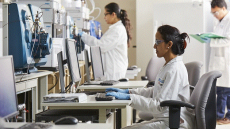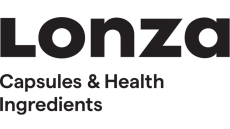Covance invests to gain edge in drug safety testing
will give it the edge over other contract research organisations
(CROs) in the safety testing of new drug candidates.
The company said it was the first CRO to acquire the technology, which "is fast becoming a new standard for qualitative mass spectrometry that enables faster, more sensitive and more reliable detection and identification of compounds in complex mixtures than existing hybrid time-of-flight systems." The Thermo LTQ OrbitrapT is said to produce accurate mass data on drugs and metabolites in almost half the time of other mass spectrometers as well as facilitating metabolism evaluation of a drug candidate at a much earlier stage of the development process. Using non-radiolabeled material the instrument is used to evaluate both in vitro and in vivo samples from toxicology and first-in-human studies in order to identify the differences between animals and humans that an investigational compound has on the metabolic system. The US Food and Drug Administration (FDA) has been actively encouraging companies to identify these metabolism differences as early as possible in order to maximise the safety testing of new drugs on humans, recently issuing a draft guidance titled 'Safety Testing of Drug Metabolites.' "The acquisition of the Orbitrap is an important step in enhancing our analytical capabilities, enabling us to respond more effectively to the constantly changing scientific and regulatory requirements of the pharmaceutical industry and the pressures they place upon our clients," said John Maltas, vice president of DMPK, Europe. In October Covance also announced it had licensed the use of a technique that is the only known in-vitro method to predict in-vivo liver disposition allowing users to identify and select better drug candidates. The technique, B-CLEAR, has already demonstrated distinct characteristics in current proprietary absorption, distribution, metabolism, excretion and toxicology (ADMET) technologies, said Covance at the time. "It gives scientists the ability to generate physiologically relevant data and enable decision making in pivotal areas related to hepatic transport and adverse drug interactions." Covance has been actively beefing up its early-phase development capacity of late, buying eight early-phase clinical development sites in the US from Radiant Research earlier thsi year.















